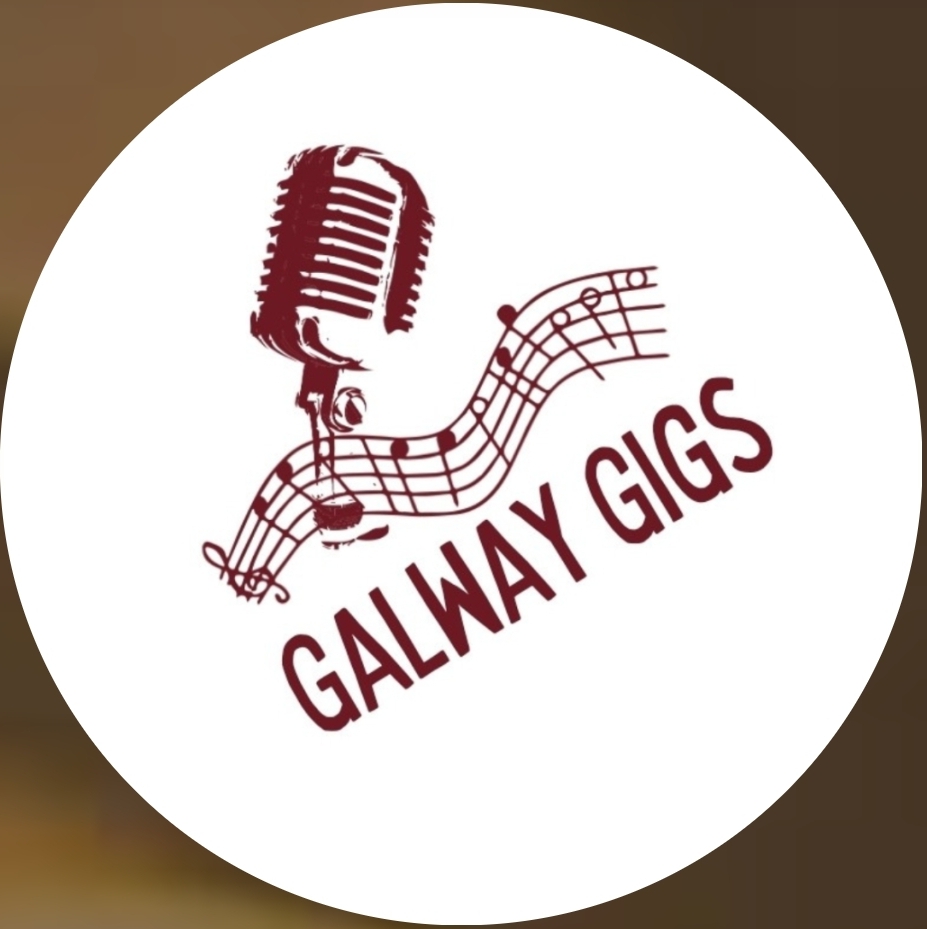Casement Park Redevelopment Project hits the Buffers
The issues surrounding the redevelopment of Casement Park have yet to be resolved, putting Ireland’s dream of co-hosting the 2028 European Championship tournament in significant danger.
The United Kingdom (UK) government remains tight-lipped about funding the project, and they have been urged to clarify their position on the subject and resolve any lingering problems.
UEFA officials recently toured the derelict stadium, which has been dormant for over a decade. However, the path to revival remains littered with obstacles.
The governing body mandates a minimum capacity of 30,000, ruling out Windsor Park as an alternative Euro 2028 venue.
Upgrading Casement Park is essential for the joint bid, but funding disputes threaten Ireland’s co-hosting aspirations.
Alliance Party deputy leader Stephen Farry expressed his concerns after reports emerged of UK government reservations about covering the funding gap, which could balloon to a staggering £300 million.
The once-proud Gaelic Athletic Association (GAA) stadium in Belfast is one of several venues selected to host matches during the prestigious tournament.
However, a series of planning hiccups and legal challenges have stalled the redevelopment project. The initial cost estimate of £77.5m has at least doubled, with some fearing it might breach the £200m mark.
The Irish government has pledged €50m (£42.7m) to the redevelopment of the stadium, and the GAA is committed to supporting the cause with a £15m donation.
The pressure is mounting on the UK government to bridge the widening financial chasm to ensure the project is completed expeditiously.
Leaks suggest a letter from Northern Ireland Secretary Chris Heaton-Harris to Stormont Communities Minister Gordon Lyons outlines an official estimate of £308m for the stadium rebuild.
However, the letter reportedly expresses the government’s unwillingness to ‘accept a position where they are expected to cover the scale of the funding gap that appears to exist’.
Despite the financial concerns, Farry emphasises his party’s commitment to developing Casement Park as a valuable asset for Ireland.
First Minister Michelle O’Neill echoed Farry’s sentiments, reaffirming her unwavering commitment and determination to see the stadium rebuilt in time for Euro 2028.
While her remarks will be a welcome relief, her deputy, Emma Little-Pengelly, introduced a note of caution. While expressing support for the project, she emphasised the need for ‘fair and equitable’ funding allocation.
This suggests ongoing discussions behind the scenes regarding the financial burden of the project.
“Casement Park is a flagship project for the Executive – it is the remaining stadium to be built, and I am determined to see that that is the case,” O’Neill said.
“We are still working our way through the details. I have read some of those figures and I think we need to dissect that a lot further.
“I hope we can move very quickly to get Casement built because that is part of the Euro bid, which is going to be such a huge economic benefit for the people here.
“I am determined for us to get this project over the line and to secure the Euros here. The Euros is a huge opportunity for us not to be missed.”
Despite O’Neill’s statement, Little-Pengelly said no guarantees could be given until the costs are confirmed.
Little-Pengelly stressed the need for a thorough review of proposed funding due to rising costs and also emphasised that any allocation of public funds would prioritise fairness and responsible spending.
Highlighting the importance of fiscal responsibility, she reiterated that projects, including Casement Park, will be assessed on their individual merit within the context of the entire Executive budget.
Meanwhile, Alliance Party leader Naomi Long has weighed in on the debate by criticising opposition to the Casement Park redevelopment for the Euros.
Long has expressed concerns about the project saying: “I believe it needs to be built. I believe that some of the opposition to it, I think, smacks of sectarianism in many cases.”
While she acknowledged uuuthe need to complete the project, Long had previously expressed her preference for a National Stadium built on the site of the former Maze Prison to encompass GAA, football and rugby union.
That project fell through in 2009, leading to separate redevelopments for the National Stadium at Windsor Park for football, while rugby redeveloped the ground at Ravenhill.
Even though the project still hangs in the balance, the prospect of a redeveloped Casement Park in Belfast has reignited excitement amongst GAA fans across Ireland.
The benefits could extend beyond passionate supporters and reach the world of Irish sports betting, potentially handing the industry a sizeable financial boost.
A state-of-the-art Casement Park would undoubtedly elevate the profile of GAA events, attracting not just a larger local audience but also more international interest.
This would likely lead to a surge in GAA betting for Irish punters and sports fans worldwide, thus boosting the overall profile of the competitions.
With a wider audience comes the potential for more diverse betting options. Bookmakers could offer a broader range of GAA-specific bets, catering to both seasoned veterans and new punters.
Resolving the issues surrounding the Casement Park project could have a major impact on sport and betting in Ireland, but time is undoubtedly of the essence right now.







